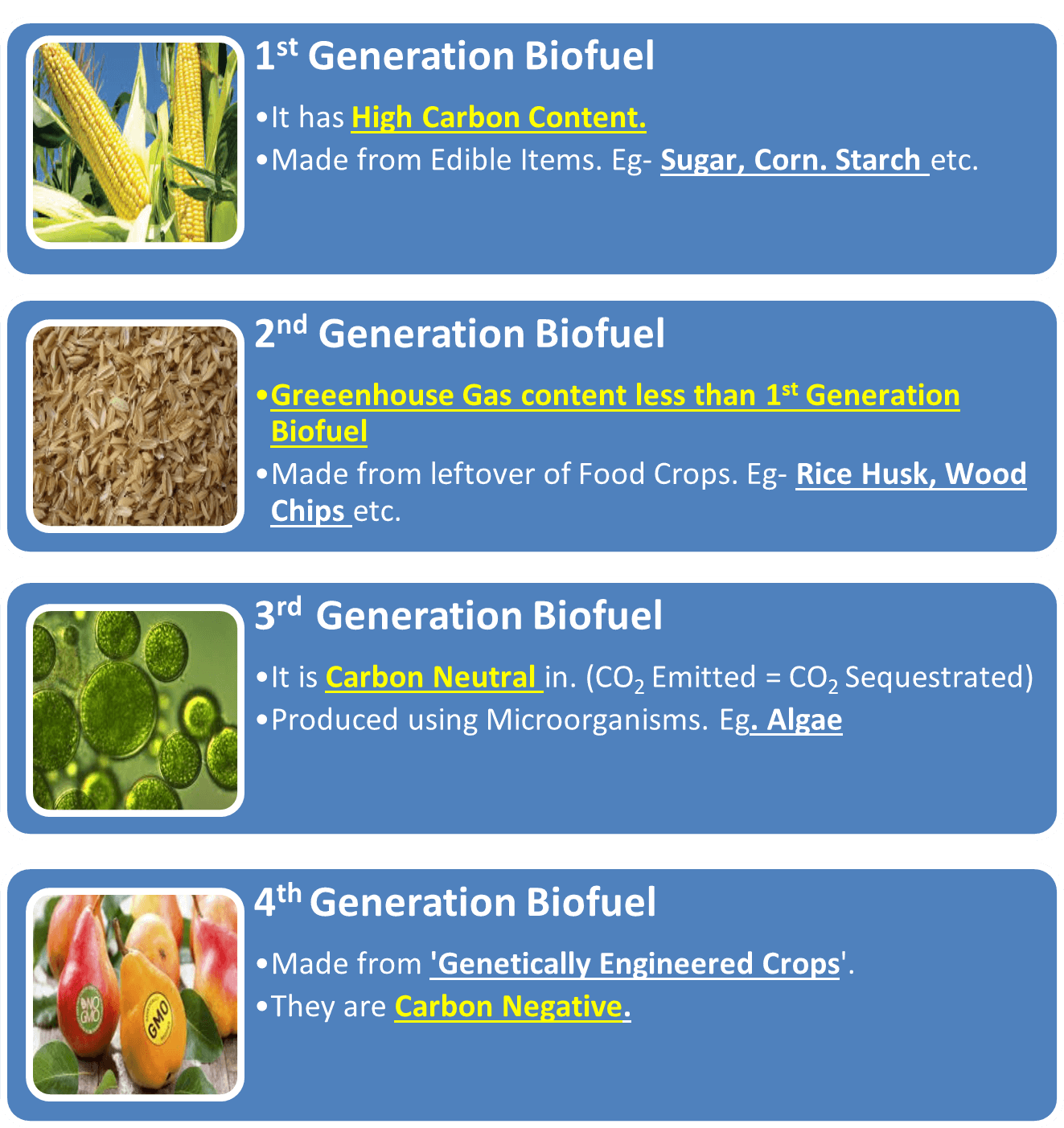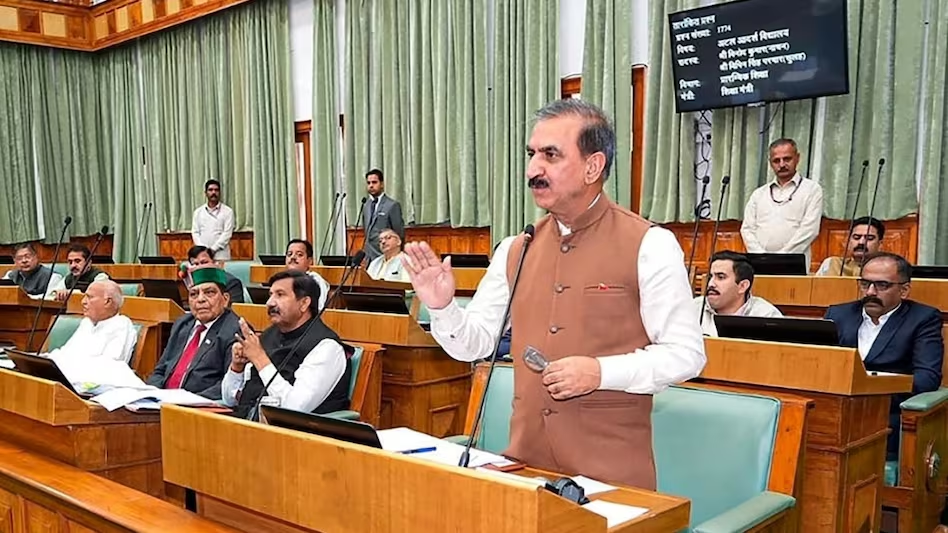- Courses
- GS Full Course 1 Year
- GS Full Course 2 Year
- GS Full Course 3 Year
- GS Full Course Till Selection
- Answer Alpha: Mains 2025 Mentorship
- MEP (Mains Enrichment Programme) Data, Facts
- Essay Target – 150+ Marks
- Online Program
- GS Recorded Course
- Polity
- Geography
- Economy
- Ancient, Medieval and Art & Culture AMAC
- Modern India, Post Independence & World History
- Environment
- Governance
- Science & Technology
- International Relations and Internal Security
- Disaster Management
- Ethics
- NCERT Current Affairs
- Indian Society and Social Issue
- NCERT- Science and Technology
- NCERT - Geography
- NCERT - Ancient History
- NCERT- World History
- NCERT Modern History
- CSAT
- 5 LAYERED ARJUNA Mentorship
- Public Administration Optional
- ABOUT US
- OUR TOPPERS
- TEST SERIES
- FREE STUDY MATERIAL
- VIDEOS
- CONTACT US
Global Biofuel Alliance (GBA)
Global Biofuel Alliance (GBA)
11-09-2023
-1694511379800.png)
Latest Context:
Recently, India launched Global Biofuel Alliance (GBA) at the G20 summit held in New Delhi.
About the Global Biofuel Alliance (GBA)
- It’s an initiative of India.
- It aims to serve as a platform, promoting global collaborations for the advancement and widespread adoption of biofuels.
- The members of GBA includes:
- Seven G20 countries: Argentina, Brazil, Canada, India Italy, South Africa, USA.
- Four G20 invitee countries: Bangladesh, Singapore, Mauritius, UAE.
- Eight Non- G20 countries: Iceland, Kenya, Guyana, Paraguay, Seychelles, Sri Lanka, Uganda, Finland.
- Twelve International organizations: World Bank, ADB, WEF, World LPG Organization, UN Energy for All, UNIDO, Biofutures Platform, ICAO, IEA, International Energy Forum, IRENA, World Biogas Association.
What are Biofuels?
- Biofuels are fuels that are derived from organic materials, typically plants or other biological sources.
- They are considered a renewable and more environmentally friendly alternative to fossil fuels like gasoline and diesel because they can be produced from crops that can be replanted and grown quickly.
There are two main types of biofuels:
First-Generation Biofuels
1. Bioethanol
- United States: The U.S. is the world's leading producer of bioethanol, producing approximately 15.8 billion gallons (59.7 billion liters) in 2023. This is primarily derived from corn and is blended into gasoline at various concentrations, such as E10 (10% ethanol) and E85 (85% ethanol).
- Brazil: Brazil produced about 8.3 billion gallons (31.4 billion liters) of ethanol in 2023. The country's ethanol is mainly produced from sugarcane, making it more energy-efficient than corn-based ethanol. Brazil mandates a 27% ethanol blend in gasoline (E27) and has a significant number of flex-fuel vehicles.
- China: China produced approximately 1.63 billion gallons (6.2 billion liters) of ethanol in 2024, primarily from maize and cassava. The country is the third-largest producer globally.
2. Biodiesel
- Germany: Germany is the leading producer of biodiesel in the European Union, producing over 4 billion liters of FAME biodiesel in 2023.
- United States: In 2023, the U.S. produced 3.1 billion gallons (11.7 billion liters) of biodiesel and renewable diesel, primarily from used cooking oils and soybean oil.
- China: China's biodiesel production reached approximately 1.2 billion liters in 2023, primarily from used cooking oils. However, exports to the European Union have decreased due to anti-dumping tariffs.
Second-Generation Biofuels
1. Cellulosic Ethanol
- United States: The U.S. is a leader in cellulosic ethanol production, with several commercial plants operating. The country has invested heavily in research and development to advance this technology.
- Brazil: Brazil has initiated pilot projects for cellulosic ethanol, utilizing agricultural residues like sugarcane bagasse. The government supports these initiatives through various incentives.
- European Union: The EU has funded multiple research projects focusing on cellulosic ethanol, aiming to reduce dependence on food-based feedstocks and enhance sustainability.
2. Advanced Biodiesel
- United States: The U.S. has been exploring advanced biodiesel production from algae and waste oils. The Department of Energy has supported several pilot projects to commercialize these technologies.
- European Union: The EU has invested in research for advanced biodiesel, including hydrotreated vegetable oil (HVO) and waste-based biodiesel. Countries like the Netherlands and Sweden are at the forefront of these developments.
- Brazil: Brazil is researching advanced biodiesel production from jatropha and other non-food crops. The government provides incentives for such initiatives to diversify feedstocks.

Advantages of Biofuels are:
- Reduced Greenhouse Gas Emissions: Biofuels are considered a more environmentally friendly alternative to fossil fuels because they typically produce fewer greenhouse gas emissions when burned. The carbon dioxide (CO2) released during biofuel combustion is part of the carbon cycle, as the plants used for biofuel production absorb CO2 from the atmosphere during their growth. This makes biofuels a potential tool for mitigating climate change.
- Renewable and Sustainable: Unlike finite fossil fuel resources, biofuels are derived from renewable sources, such as crops and organic waste. As long as these sources are managed sustainably, biofuel production can continue indefinitely without depleting finite resources.
- Reduced Dependence on Fossil Fuels: Biofuels reduce a nation's dependence on imported fossil fuels, which can enhance energy security and reduce exposure to volatile oil prices and geopolitical conflicts.
- Rural Development: Biofuel production often requires the cultivation of specific crops or the utilization of agricultural waste materials. This can provide economic opportunities for farmers and rural communities, potentially leading to job creation and economic development in these areas.
- Diversification of Energy Sources: Biofuels diversify the sources of energy used in transportation and industry, reducing reliance on a single energy source, such as petroleum. This diversification can enhance energy stability and resilience.
- Compatibility with Existing Infrastructure: Many biofuels, such as ethanol and biodiesel, can be blended with or used as a direct substitute for conventional gasoline and diesel fuels. This compatibility allows for a gradual transition to biofuels without major infrastructure changes.
- Improved Air Quality: Biofuels generally produce lower levels of harmful pollutants (e.g., sulphur, particulate matter) compared to conventional fossil fuels, leading to improved air quality and reduced health risks in urban areas.
- Carbon Neutrality Potential: Some advanced biofuel production processes, such as algae-based biofuels or waste-to-energy approaches, have the potential to achieve carbon neutrality or even become carbon-negative by absorbing more CO2 than they emit.
Challenges in front of Biofuel production
- Land Use and Competition with Food Crops: The cultivation of biofuel feedstocks can compete with food crops for arable land, leading to concerns about food security and potential deforestation. Sustainable land use practices and the development of non-food feedstocks are important to mitigate these issues.
- Resource Intensity: Biofuel production can be resource-intensive in terms of water, energy, and fertilizer use. Optimizing resource efficiency and reducing the environmental footprint of biofuel production processes is crucial.
- Biodiversity and Ecosystem Impact: Large-scale monoculture farming for biofuel feedstock production can lead to habitat destruction and loss of biodiversity. Sustainable land management practices should aim to minimize these negative impacts.
- Greenhouse Gas Emissions: While biofuels can reduce greenhouse gas emissions compared to fossil fuels but their net emissions depend on various factors, including feedstock choice, land-use changes, and production methods. Ensuring that biofuel production remains carbon-neutral or carbon-negative is a challenge.
- Feedstock Availability and Consistency: Biofuel production relies on a consistent supply of feedstock, which can be affected by factors such as weather, pests, and crop diseases. Ensuring a reliable supply chain is essential for biofuel production.
- Technological Advancements: Developing and scaling up advanced biofuel production technologies can be costly and challenging. Investment in research and development is needed to improve the efficiency and cost-effectiveness of these processes.
- Infrastructure and Distribution: Existing transportation and distribution infrastructure may need to be modified or expanded to accommodate biofuels. This can be a costly and logistical challenge.
Conclusion and Way Forward:
Addressing these challenges requires a multidisciplinary approach involving government policies, private sector investments, technological innovation, and public engagement. Sustainable biofuel production practices and continuous research and development efforts are essential to unlock the full potential of biofuels as a cleaner and more sustainable alternative to fossil fuels.
Ques. Which of the G20 country is not a member of Global Biofuel Alliance (GBA)?
a) US
b) China
c) India
d) Brazil
Ans. b



